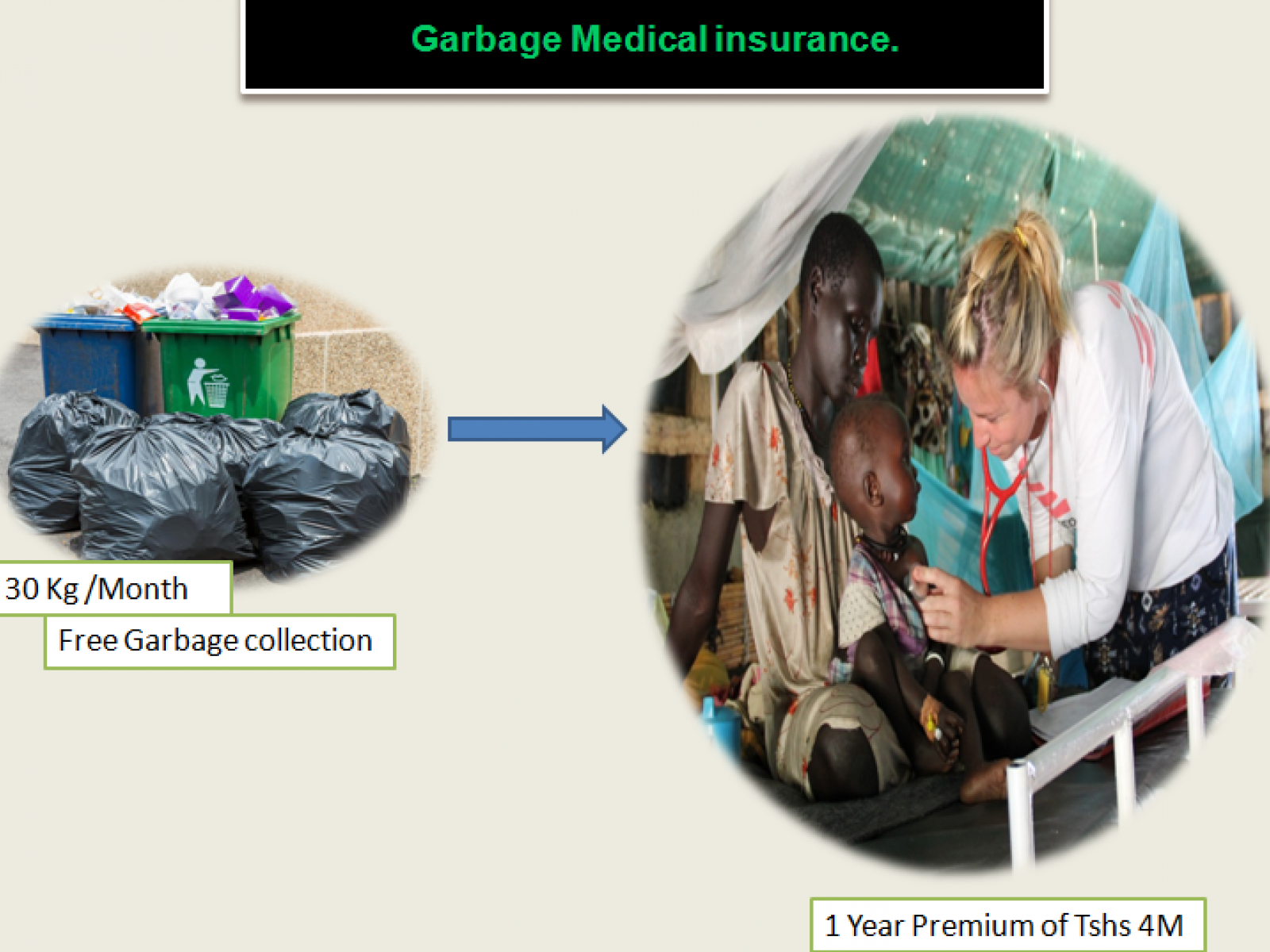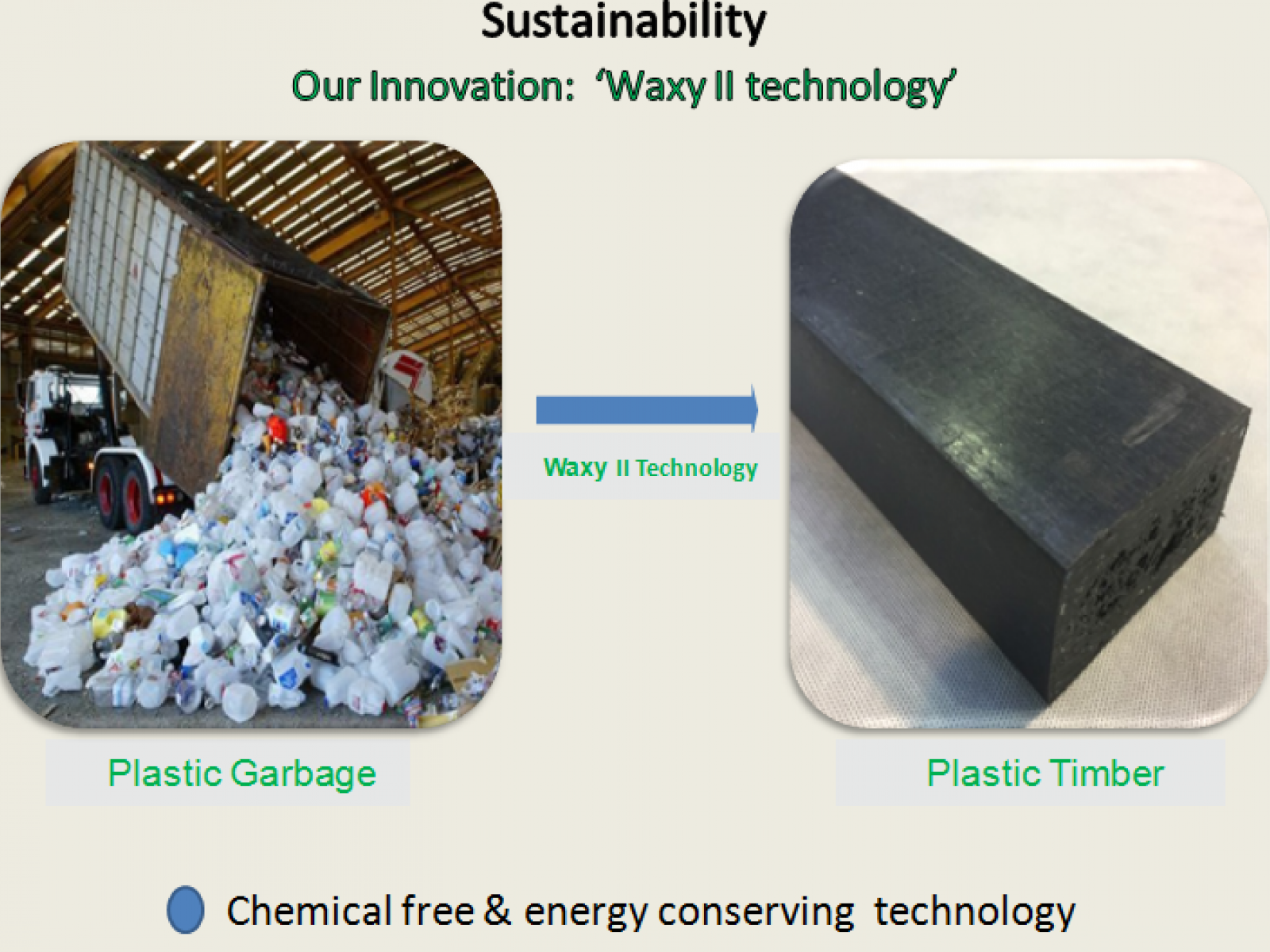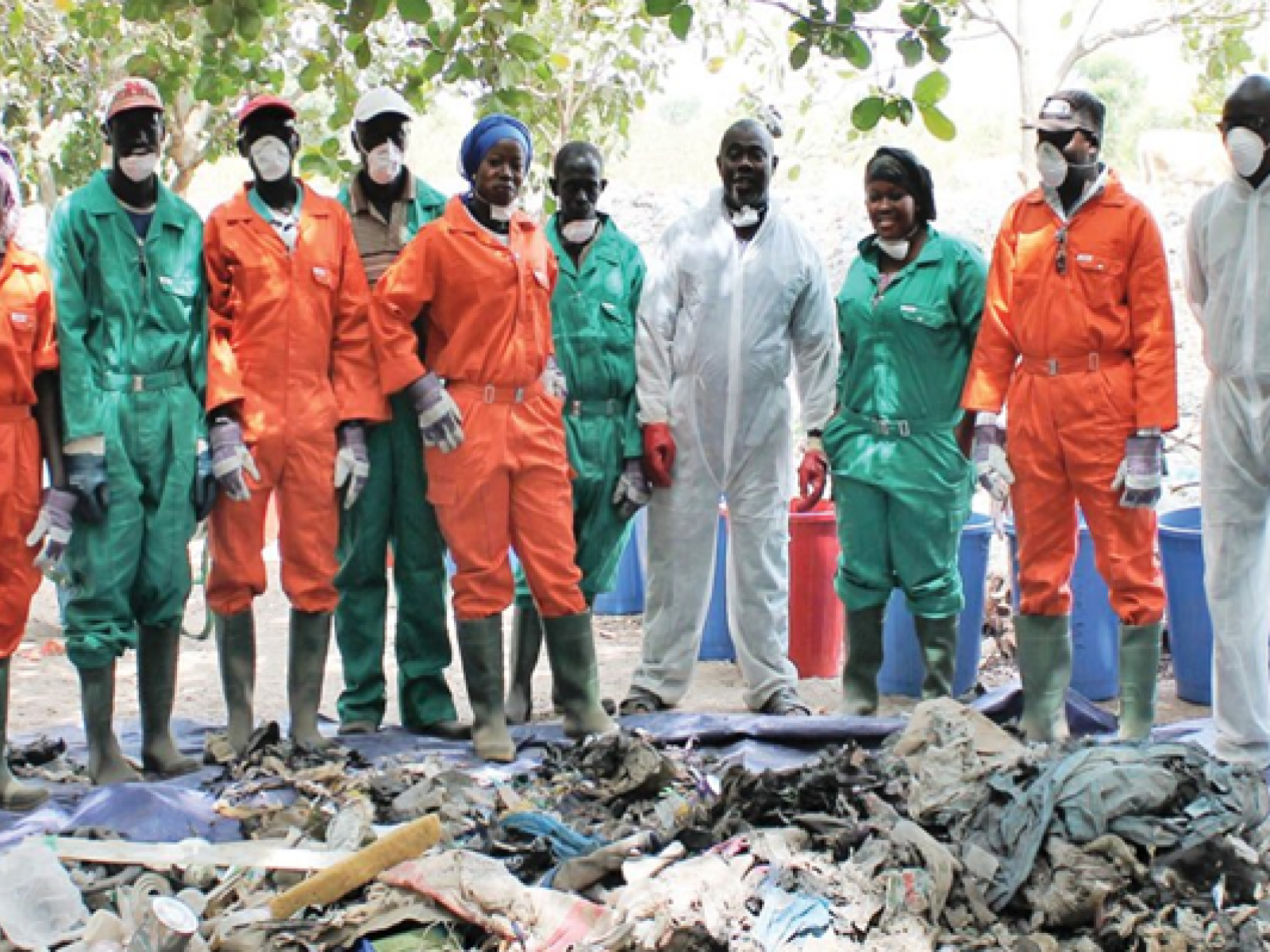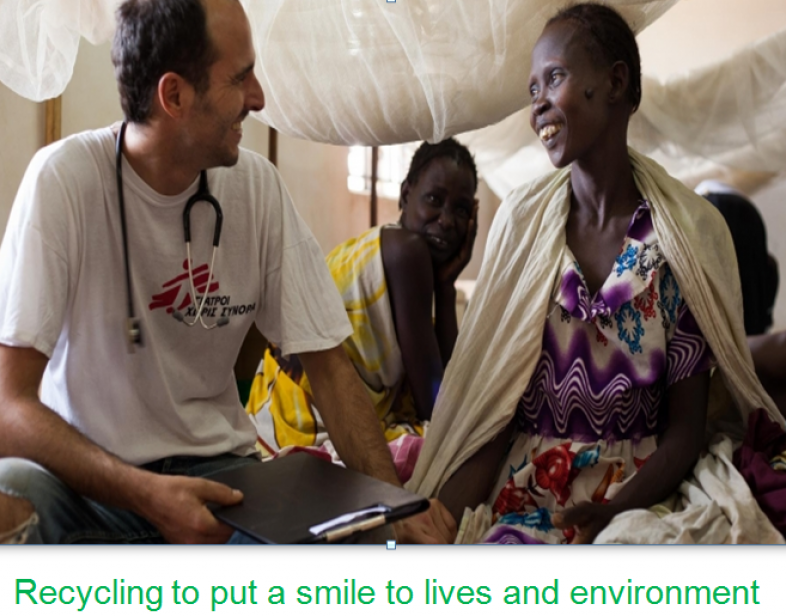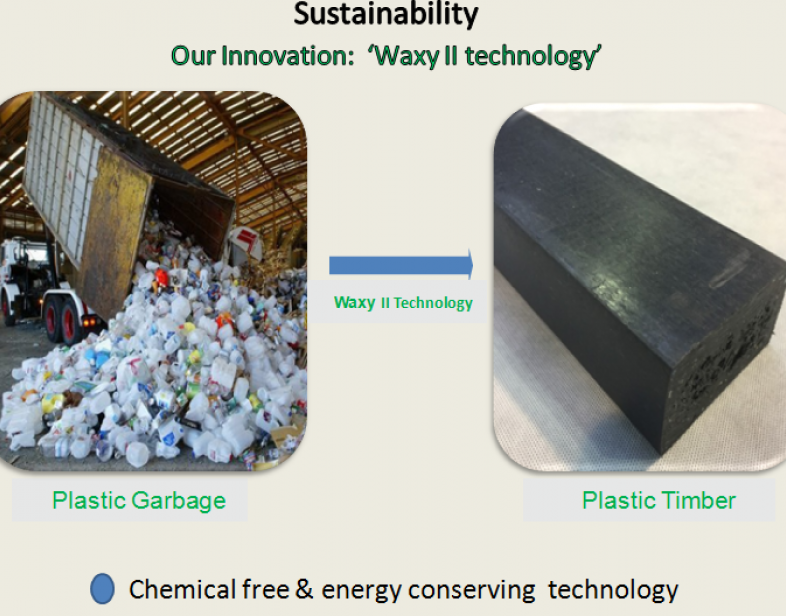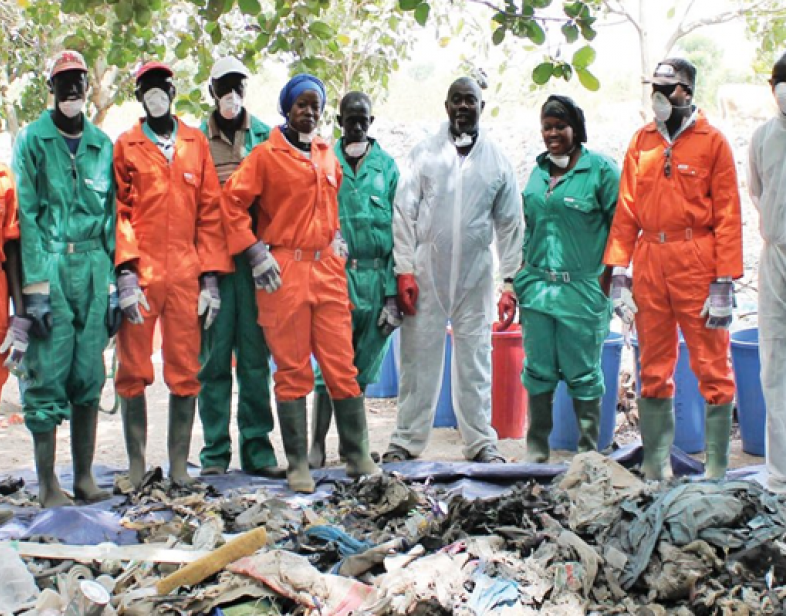An Overview Of Our Solution
We are a social enterprise established “Garbage Medical Insurance” which is a micro health insurance program which uses garbage as a financial resource. With this program, the community and uninsured poor slum dwellers are able to pay for health cover, drugs and other clinical services by using garbage as payment to an insurance scheme.
- Population Impacted: 2300 people
- Continent: Africa
Context Analysis
In many parts of our country, poverty, poor health and ecosystem destruction spin together in a downward spiral. Many people can't get health access because they don't have enough money and the cost for medication is high. Besides, citizens have to pay a fee to dispose of their trash. This project was implemented to solve both the problem of environment pollution and the lack of health care.
I believe that health is fundamental human right. But, in reality many people can't get health access because they don't have enough money and the cost for medication is expensive. This is what made us to start to think? How could we create health financing model which will permit all people to get health access despite their financial status. Then we learnt, Garbage is the best solution, because almost every day every house produced garbage which is not used.
Describe the technical solution you wanted the target audience to adopt
Garbage Medical Insurance, a micro health insurance program which uses garbage as a financial resource. With this program, the community and uninsured poor slum dwellers are able to pay for health cover and clinical services by using garbage as payment to an insurance scheme.
This, in turn improves their access to medical treatment and quality of public health mainly targeting slum children below 5 years and expectant women. It further offers the community an incentive to start an organized waste management and waste entrepreneurship system from household level so as to benefit from continual health insurance.
Afterwards, the collected plastic garbage is upcycled and transformed into durable and long lasting plastic timbers (an alternative product to wood timber) that we sell for building and construction purposes. The generated revenue is used to cover medical insurance costs for poor slum folks who supply us with garbage and the operations expenses for our social enterprise.
Type of intervention
Describe your behavioral intervention
We need people change their behavior of littering, by start looking to waste as something valuable that can transform their lives, by showing people how much their waste is worth, the scheme encourages communities to organize and create sustainable financing from their own resources. This, in turn, improves their access to medical treatment and the quality of public health program with respect to promote, preventive, curative and rehabilitative well being. It further offers the community an incentive to start an organized waste management and waste entrepreneurship system from household level so as to benefit from continual health insurance. The scheme partly also contributes to the improvement of local sanitation as rubbish is collected regularly.
As needed, please explain the type of intervention in more detail
By using garbage as the main currency, the micro health insurance is successfully dealing with two problems at the same time, environmental degradation and a lack of access to healthcare. It is also showing communities that it is possible to create sustainable financing using their own resources.
Describe your implementation
Our model entails registration of slum residents mostly women who become our members. Each member is required to deliver to us all types of plastic worth $8; approximately 45kg of waste on a monthly basis. Collected plastic waste is sent in out factory and converted into durable and long lasting plastic timbers that we sell to construction companies. The money generated is converted into a health fund to provide healthcare cover for our members as an incentive to continue delivering waste to us, Members access services like; access to drugs, maternity weekly checkups for women members, eye/dental checkup, vaccination for children below 5 years .We partner with slum based heath centers whose services we highly vet ensuring quality for members. We allocate $4 of the these fund towards providing each member with 2 monthly guaranteed clinic visits insurance cover on a monthly basis, we spend $2 per member on operational expenses and earn $2 net revenue per member .
External connections
We partner with local healthcare centers located within slums areas whom we thoroughly vet to ensure they offer high quality healthcare services using best facilities. Additionally, we negotiate best rates for various services & drugs that our members would access ensuring value for money.
Who adopted the desired behaviors and to what degree?
Beauvoir change has improved healthcare access & sanitation, Access to health care to the poor families has reduced high child mortality rate in slums by 35% & reducing by 65% deaths among expectant women caused by home-based deliveries and post-natal bleeding.
How did you impact natural resource use and greenhouse gas emissions?
We have developed a chemical free, energy conserving plastic extrusion technology to recycle and transform collected plastic garbage and packaging materials into durable and long lasting plastic timbers, Plastic timbers are affordable alternative to wood timbers, hence reduces the need for building material manufactured from wood, helping to preserve forests, cut down on deforestation and further mitigation of climate change. The plastic timbers which are ideal product for building, construction and furniture making are normally made in 10ft on average and shaped either round or square. Our eco friendly technology has enabled us to produce plastic timbers which are durable, long lasting, termite resistant, and recyclable and estimated to last more than 60 years without replacement whether used in sunny areas, marine or in water applications. With our technology we are simply pioneering of chemical free and energy conserving plastic extrusion technology in Africa.
What were some of the resulting co-benefits?
Over 900 slum communities now have reliable access to healthcare without having to worry about cost. Mortality rates among kids below 5 years has greatly reduced due to easy access to frequent vaccination and medication enabling them live to celebrate their 6th birthday. Slum women now experience safe deliveries, access drugs and related pregnancy care services.
Lately, plastic garbage and polythene bags have become a key resource that is scrambled for by residents. No dumped plastic waste can be seen next to our centre location. Our enterprise has revolutionized the entire healthcare system and waste management and disposal in slums.
Sustainability
There are numerous non-profits in waste industry which quickly cease to exist once donor funding ends, these initiatives have proved to be unsustainable. Our project permanently withdraws an item which is considered to be a waste and converts into a useful product which is highly on demand. This way we provide sanitation to slum areas where blocked drainage & sewers due to plastic is common. Being a for-profit social enterprise, we are economically sustainable through sales of plastic timbers we produce. The market loves the plastic alternatives because they do not rot, are not affected by termites hence last longer, and are easy to work with as they can be cut, drilled and nailed just like timber.
Return on investment
Initial capital ranges on USD 30,000 which includes medical insurance coverage expenses and the locally fabricated machines to transform the collected plastic garbage and packaging materials into plastic timbers used for building, construction as well as furniture making.
How could we successfully replicate this solution elsewhere?
The solution can be replicated in many areas because the plastic garbage littering is a global problem, by sensitizing the community and showing the value of waste helps the community to own the initiative and receive health benefits by exchanging their domestic garbage with medical insurance coverage.
